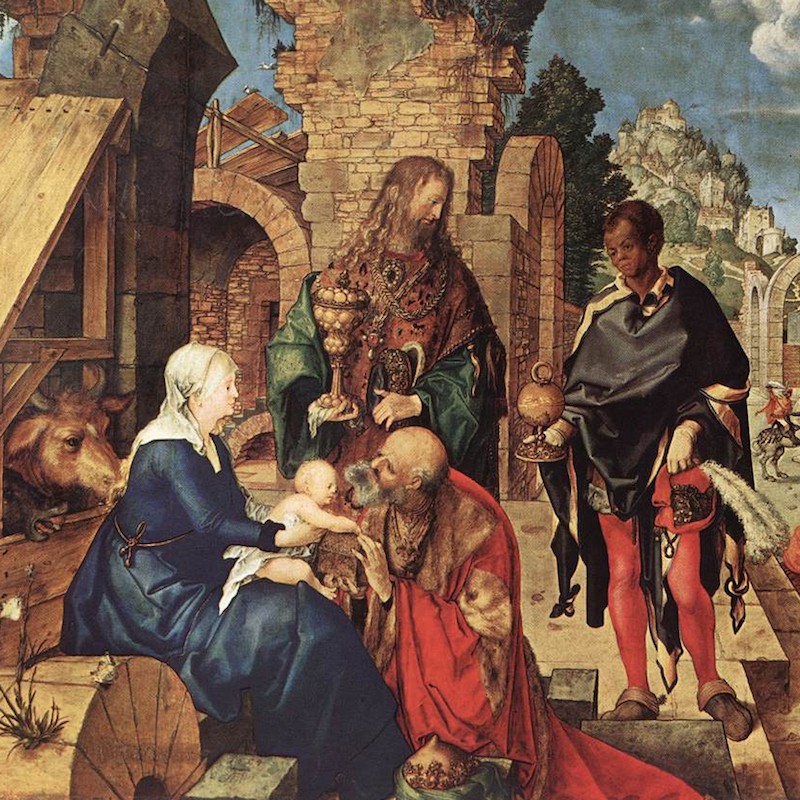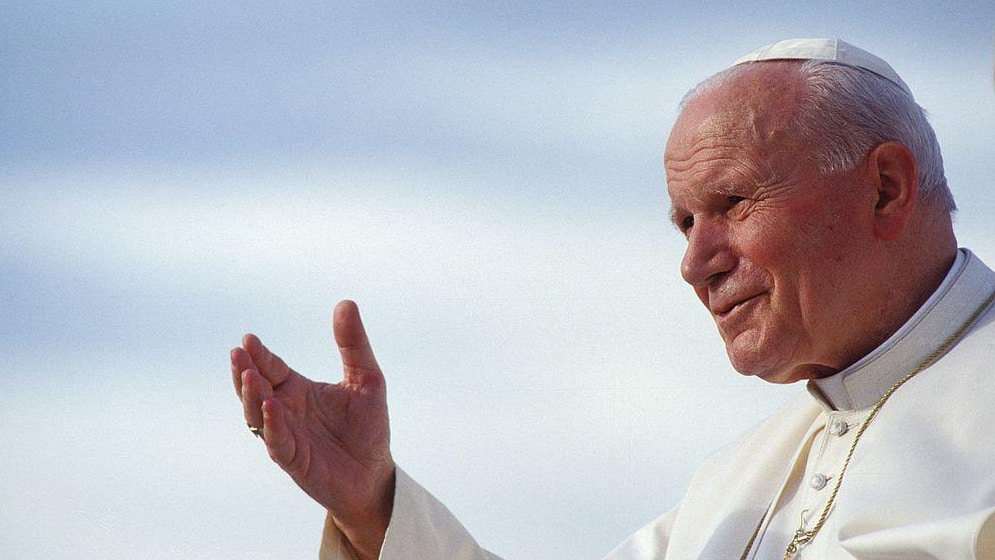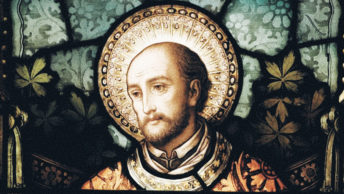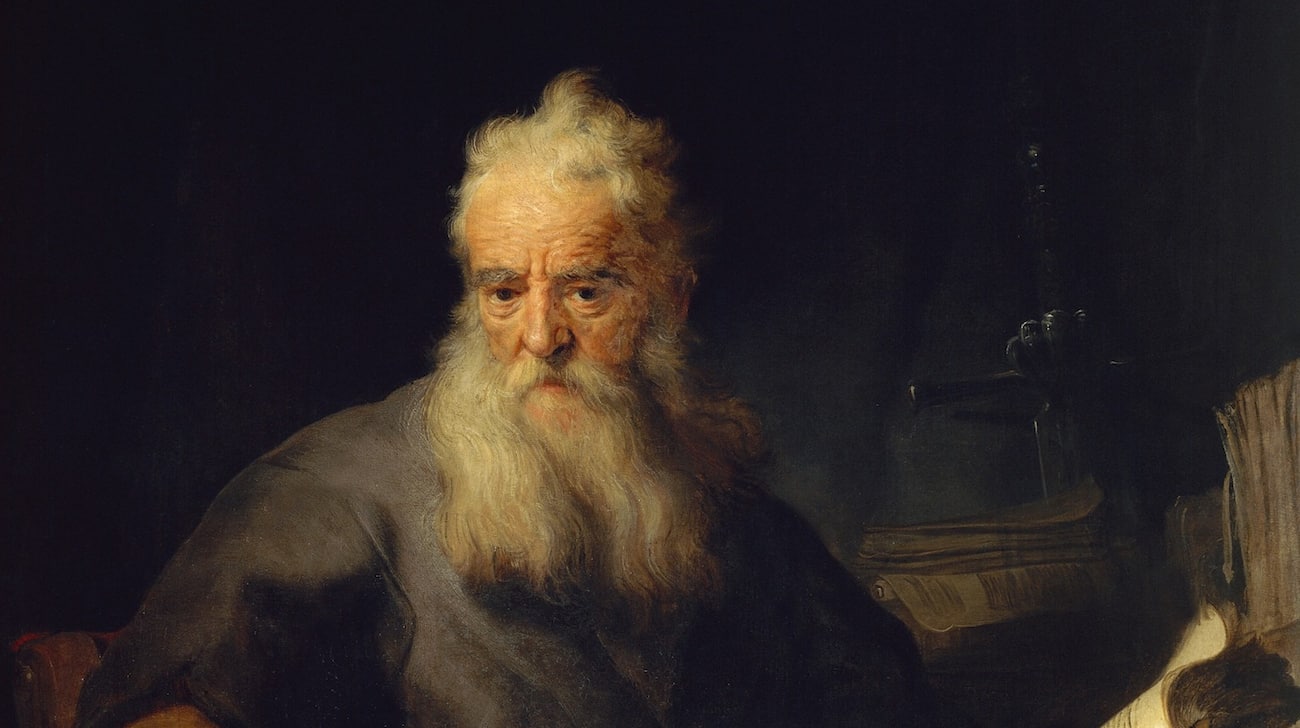In 1998, the Congregation for Catholic Education and Congregation for the Clergy issued a joint declaration regarding the Basic Norms for the Formation of Permanent Deacons. The document mandates that candidates for the Permanent Diaconate receive four dimensions of formation: human, intellectual (doctrinal), pastoral, and spiritual. Human formation is the foundation for the other three. Intellectual formation enables the understanding of the other three. Pastoral formation expresses the other three in practice. And lastly, Spiritual formation informs the other three.
Now whether we are deacons or not, our spiritual formation is crucial; without it, we are left to spin our proverbial wheels with no real insight into what should be our life’s purpose.
While thinking about spirituality, we might even ask whether God has one? According to Fr. Brian O. McDermott, S.J., the answer is—yes! Jesus’ spirituality has several manifestations. First, there is a relational identity “expressed in terms of the one to whom he was responding: the God of Israel.” Jesus’ use of the word, Abba, to describe his relationship to the Father was groundbreaking when contrasted to the ways Jews of that time related to the Creator. That is, “the name expressed both a reverence and familial closeness.” In addition, Jesus spoke more than sixty times about the reign (kingdom) of God. Here again, there is a stark difference. As opposed to “God’s kingdom being associated with the destruction of God’s enemies,” Jesus referred to the kingdom as one of “forgiveness and mercy.” By doing so, “Jesus was telling people that God had turned toward them with unconditional love and that they should let themselves be overtaken, overwhelmed by that love.” In the Lord’s Prayer, this message is very clear. By expressing his loving identity with the Father, Jesus urges that same relationship for us, as well. In praying that “thy kingdom come,” we are really praying for Jesus’ spirituality and the conversion of our own hearts!
By pondering these manifestations of Jesus’ spirituality, we are called to become Christlike while at the same time recognizing our sinfulness. For daily, each of us must move beyond the priest and Levite who passed by the wounded man and strive to become the Good Samaritan. As Fr. McDermott writes: “…the New Testament sees Jesus as the primary parable of God’s reign not only in what he said during his ministry, but in who he was and what he did. He showed what God was like in his own dealings with people, in his excessive yet human way of acting. Further, Jesus shows what the human looks like when God is allowed to reign in human affairs.” Having moved toward acting as persons conformed to Christ, we begin to see in others the goodness and dignity of Jesus and separate from our human weaknesses “opposed to the divine power of forgiveness and love.”
There is an idiom that states: “Where the rubber meets the road.” Simply, it means that we have arrived at the most important point for something. Our spirituality is like that. In deepening our relationship with God, we look beyond ourselves and come to realize that God is madly in love with His entire creation. At the present moment, however, as we gaze at demographic and moral statistics, we wonder. Just what is becoming of it? According to Fr. Herve Carrier, S.J., ours has become not just an unbelieving culture but an “habitual way of life for millions of people.”
Not long ago, in discussion with my spiritual director, I commented that it would have been nice to have lived at a different time in history. But as the words flowed from my lips, I immediately told him what I already knew. God has allotted each of us this short time in history to make a difference for His people.
Yes, God has chosen you and me to help lead a “second evangelization of cultures.” But in moving forward, we should remind ourselves that unless our efforts rely upon the Holy Spirit, we will not be triumphant. As such, may we place our trust in God, imitate Christ, and be like St. Paul (1 Cor 9:16) in saying “Woe to me if I do not preach the gospel.”
One of the most important Catholic theologians of the 20th century, Hans Urs von Balthasar, once remarked: “What you are is God’s gift to you, what you become is your gift to God.” In our evangelization, may we remember that during our lifetime, the seed we sow may not be ours to reap. However, it is equally true that our efforts are being used to achieve the ends that God desires—in His time. As such, by understanding our life’s purpose and doing God’s will, we will have returned to Him a gift that was His from the very beginning.








